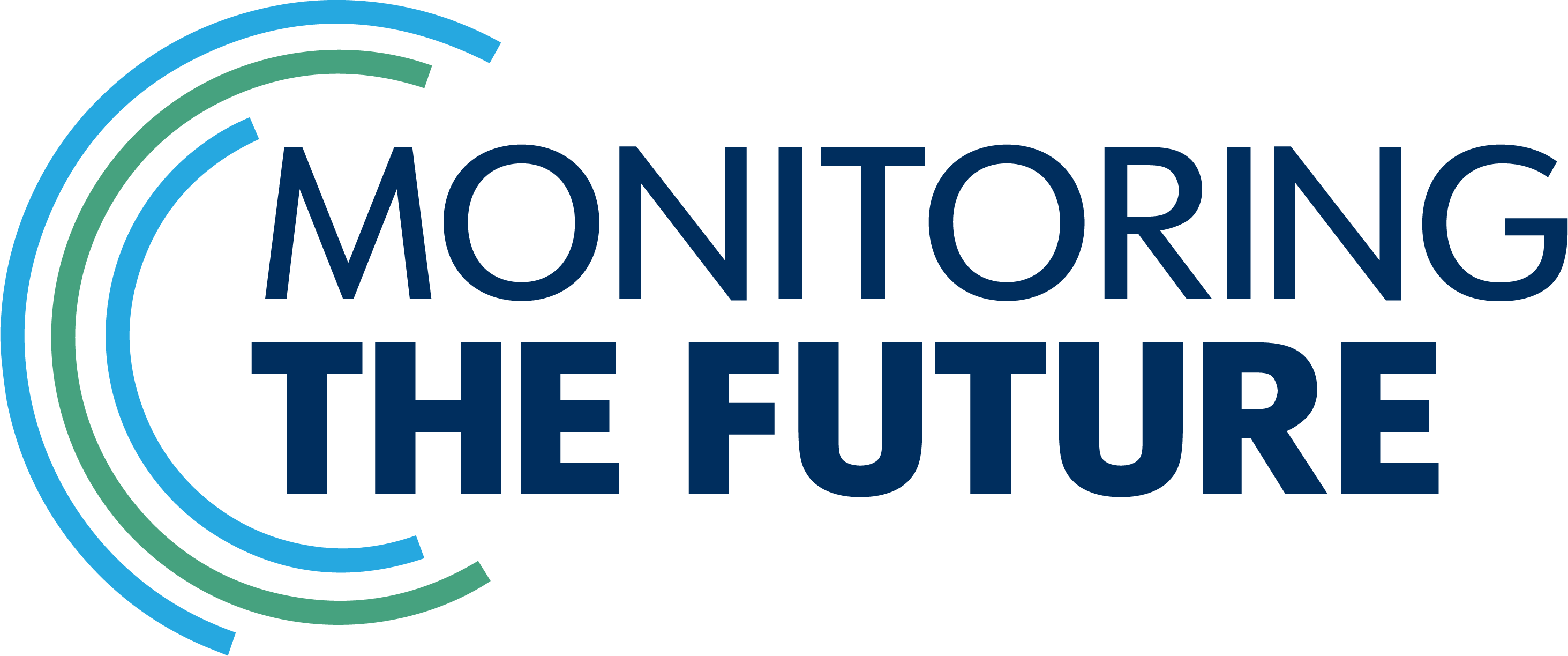Principal Investigators

Richard A. Miech, Ph.D.
Principal Investigator

Lloyd D. Johnston, Ph.D.
Angus Campbell Collegiate Research Professor and University Distinguished Senior Research Scientist

Patrick M. O'Malley, Ph.D.
Research Professor Emeritus

Megan E. Patrick, Ph.D.
Principal Investigator

Jerald G. Bachman, Ph.D.
Research Professor Emeritus
Affiliated Investigators

Mick Couper, Ph.D.
Research Professor at the University of Michigan's Institute for Social Research

Steven Heeringa, Ph.D.
Senior Research Scientist at the University of Michigan's Institute for Social Research

Katherine M. Keyes, Ph.D.
Professor at Columbia University's Mailman School of Public Health
Katherine focuses her research on life course epidemiology with particular attention to substance use and psychiatric disorders. Her empirical research has documented a narrowing gender gap in the prevalence and course of alcohol abuse and dependence over time, as well as the effects of changing social norms on birth cohort effects in marijuana and alcohol use in adolescence. Dr. Keyes is an expert on methodological issues in age-period-cohort effect estimation and has conducted age-period-cohort analysis on a range of health outcomes, including autism, obesity, breast cancer, and substance disorders. Her work has highlighted and extended several existing age-period-cohort methods, most notably including the median polish method. Dr. Keyes also has explored the effects of early life exposures on adolescent and adult health, documenting long-term consequences of child maltreatment on internalizing and externalizing psychiatric disorders in adulthood and the sensitizing effects of childhood maltreatment on exposures to stress in adulthood.

Jacqui Smith, Ph.D.
Research Professor at the University of Michigan's Institute for Social Research
She received her Ph.D. in Psychology from Macquarie University in Australia. Dr. Smith is an international expert on life course/lifespan developmental psychology emphasizing gerontology; her expertise spans many aspects of functioning in midlife and old age including health, well-being, and cognition. As a collaborating investigator, she brings her expertise on survey measurement of health, well-being, and cognition in middle-aged and older adults to the group, consulting with MTF on development of the new age 65 MTF Panel survey and improvements to the current middle adult surveys.
Monitoring the Future Advisory Board
We are fortunate to have readily available external advice and consultation from several world-class scholars who represent a range of disciplines and perspectives that have agreed to participate on our MTF National Advisory Committee, advising both NIDA-funded Monitoring the Future grants.
Linda Collins, Ph.D., Pennsylvania State University
Thomas Cook, Ph.D., Northwestern University
C. Anderson Johnson, Ph.D., Claremont Graduate University
Jennifer Maggs, Ph.D., Pennsylvania State University
Duane McBride, Ph.D., Andrews University
Rosalie Pacula, Ph.D., RAND Corporation
R. Lorraine Collins, Ph.D., University at Buffalo
